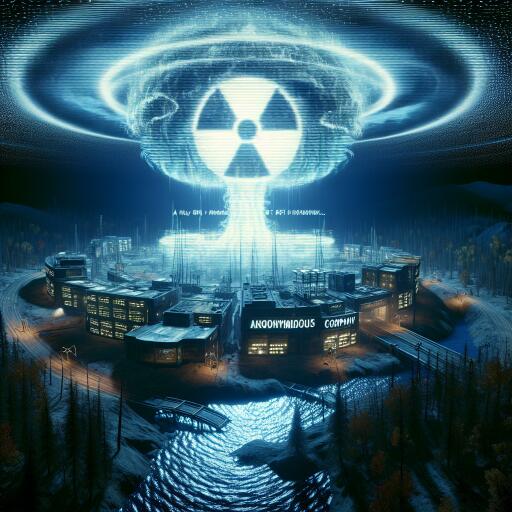Phil Spencer’s Virtual Fallout 76 Home Targeted with In-Game Nuke
In an event that mirrors the turbulent week faced by Xbox leader Phil Spencer, his virtual sanctuary within the popular game Fallout 76 was obliterated by an in-game nuclear strike, highlighting a unique form of digital protest.
The gaming world has been ablaze with discussions and debates following significant developments from Microsoft and Xbox, including the controversial shutdowns of prominent studios behind major titles. Amidst this whirlwind of activity, Spencer, who stands at the forefront of Xbox’s operations, has encountered a spectrum of feedback from the gaming community—a spectrum that now includes the virtual destruction of his game-based abode.
The incident took place near the in-game location known as Uncanny Caverns. A determined player launched a nuclear attack on Spencer’s virtual camp, an act that, while possibly rooted in recent discontent, moves the realm of protest into the digital domain of Fallout 76.
While the motives behind targeting Spencer’s digital refuge with a nuclear weapon remain speculative, the timing suggests a connection to the layoffs and studio closures that have affected many within the gaming industry. Although dropping a nuke in a virtual world carries no real-world consequences, it symbolically represents the frustrations felt by some within the gaming community.
Despite the significant impact a nuke has in Fallout 76, disrupting the peace of one’s virtual dwelling, the repercussions for Spencer are minimal. The game mechanics allow for relatively easy repairs, assuming the player has sufficient resources. Furthermore, the option to switch servers exists, offering an escape from potential repeat instances. Nonetheless, this episode may not be an isolated occurrence as community sentiments continue to simmer.
Critics of the action might argue that the resources invested in launching the nuke could have been directed towards more constructive in-game endeavors. However, this incident transcends the practicalities of resource management, embodying a broader narrative of dissatisfaction and protest. In the digital age, where virtual worlds offer a canvas for expression, the destruction of Spencer’s camp sends a clear albeit symbolic message.
This unique form of digital dissent, while not offering a solution to the grievances aired by those affected by the recent industry shifts, underscores the passion and engagement of the gaming community. It stands as a testament to the ways in which virtual actions, in the context of broader discussions and events, can capture attention and make a statement.









